News/Events

NIHR ‘Think Research’ Rare Diseases Patient Day: Follow-Up
Put motivated people together and you can expect a lot of questions and debate. And that’s what happened when 150 people representing more than 70 rare diseases travelled from all corners of England Read more

New gene discovery may help thousands with pulmonary arterial hypertension
Scientists say they have identified genes that cause a deadly heart condition – pulmonary arterial hypertension (PAH) – that can only be cured by transplants of the heart or lungs.
Pulmonary Arterial Hypertension Read more

NIHR IBD BioResource reaches milestone of 10,000 recruits
A platform for research into Crohn’s Disease and Ulcerative Colitis has now signed up 10,000 participants nationwide.
The National Institute for Health Research (NIHR) IBD BioResource was established in 2016 by the Read more

Epic Research Seminar and Q&A session for all research staff
Following the high demand last year, the eHospital Research Design Authority has arranged another two Epic research seminars for research staff who actively use the Epic system at CUH.
These sessions will give Read more

Extra EDGE training dates for Cambridge research staff
In March 2017, an announcement was made by the NIHR that instructed each Clinical Research Network (CRN) to obtain a Local Portfolio Management System on behalf of their partner organisations. The system chosen for Read more
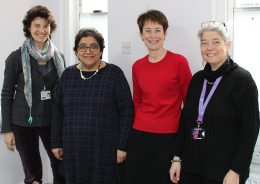
Women can reach the top, say Cambridge (female) researchers
Four of Cambridge University’s leading female clinical researchers want to inspire more women to go for the profession’s top jobs.
Christi Deaton, Fiona Karet, Rebecca Fitzgerald and Sadaf Farooqi all hold Professorships at Read more
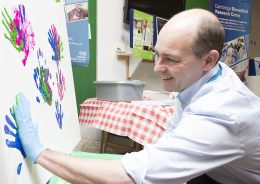
People make a splash for research on Rare Disease Day!
We need research! That was the theme for this year’s Rare Disease Day, and to mark the occasion research staff at Cambridge University Hospitals held a morning of activities and information-sharing in the Read more
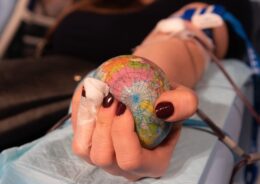
Analysis looks at long-term risks of living kidney donation
Living kidney donors are not at increased risk for some health outcomes previously of concern, but do seem at risk for worse blood pressure and kidney function than nondonors. In addition, female donors Read more

The Air We Breathe
Rajiv Chowdhury, University Lecturer in Global Health gave was interviewed on Cambridge TV to discuss the impact of air pollution. The interview was part of a programme to investigate the causes, affects and solutions of Read more
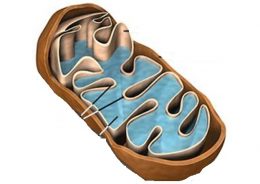
How incurable mitochondrial diseases strike previously unaffected families
Researchers have shown for the first time how children can inherit a severe – potentially fatal – mitochondrial disease from a healthy mother. The study, led by researchers from the MRC Mitochondrial Biology Read more
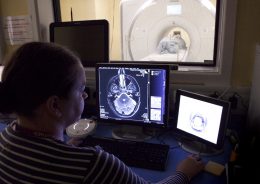
Advances in brain imaging settle debate over spread of key protein in Alzheimer’s
Recent advances in brain imaging have enabled scientists to show for the first time that a key protein which causes nerve cell death spreads throughout the brain in Alzheimer’s disease – and hence Read more
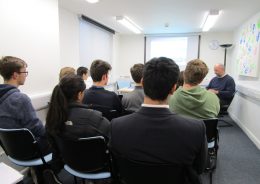
Young people in research programme launches
In collaboration with the NIHR/Wellcome Trust Cambridge CRF and Trust’s Work Experience team, the NIHR Cambridge BRC Patient and Public Involvement (PPI) team have launched a Young People in Research Programme.
Twenty sixth-formers Read more

Research nurses present award winning work at international conference
The NIHR BioResource presented their award winning ‘Volunteer-Centric Model of Research Nursing’ at the International Association of Clinical Research Nurses.
The award-winning ‘Volunteer-Centric Model of Research Nursing’ published by the NIHR BioResource nursing team Read more

Cambridge expert jointly leads international push to reduce global burden of traumatic brain injury
Substantial reductions in the global burden of traumatic brain injury (TBI) could be achieved with improved policies for prevention, new directions for clinical care, and novel approaches to research, according to The Lancet Read more

Running on autopilot: scientists find important new role for ‘daydreaming’ network
A brain network previously associated with daydreaming has been found to play an important role in allowing us to perform tasks on autopilot. Scientists at the University of Cambridge showed that far from Read more
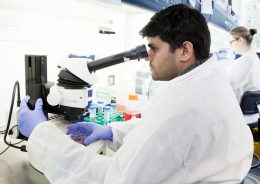
Restless legs syndrome study identifies 13 new genetic risk variants
A new study into the genetics underlying restless legs syndrome has identified 13 previously-unknown genetic risk variants, while helping inform potential new treatment options for the condition.
As many as one in ten Read more

Blood donors could give blood more often
New research shows that blood donors could safely give blood more frequently than is allowed at present. At the moment in the UK men can give blood every 12 weeks, women every 16 Read more
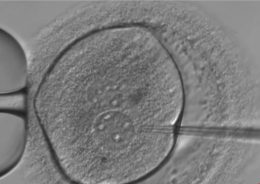
Genome editing reveals role of gene important for human embryo development
Researchers have used genome editing technology to reveal the role of a key gene in human embryos in the first few days of development in a study supported by NIHR Cambridge BRC. This Read more

The fight to beat Alzheimer’s disease
As we live longer our chances of being diagnosed with a brain conditions such as Alzheimer’s disease increases. September the 21st is World Alzheimer’s day, and Cambridge researchers are taking the opportunity to Read more

Older transplant kidneys could be given a new lease of life
Researchers from the NIHR Cambridge Biomedical Research Centre are investigating whether performing biopsies of older kidneys can help transplant patients and reduce waiting lists.
Kidney Research UK reports that in the UK there Read more


